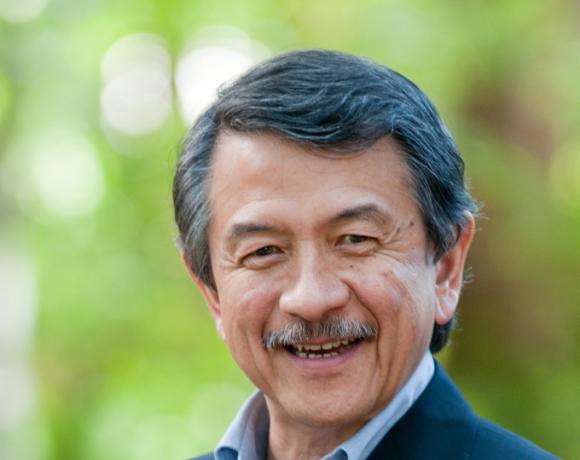Dr. Victor Ling Laboratory works to understand the mechanism of resistance to anticancer drugs observed in many human cancers. Among other things, we have identified one mechanism of multi-drug resistance (MDR) involving P-glycoprotein (Pgp) which functions as a drug efflux pump of broad specificity. In some cancers the correlation between the presence of Pgp function and non-response to chemotherapy has been established and the use of agents that block Pgp function has begun to yield promising results in combination with conventional chemotherapy. Our research in understanding the structure and function of Pgp will provide the fundamental basis for the pharmaceutical industry to design better blockers of Pgp. We and others have also discovered that PgP is a member of a superfamily of related proteins called ABC transporters which may be represented by more than 50 members in the human genome. These transporters are found in all kingdoms of life and appear to be involved in many fundamental biological processes. An inventory of ABC Transporters is currently being generated and we are profiling their expression patterns in different drug-resistant cell lines and some cancers. We are also studying a related liver-specific gene discovered in our lab, the sister of P-glycoprotein (sPgp), and its function in bile formation and cholesterol homeostasis. The mutation of Spgp in humans can cause Progressive Familiar Intrahepatic Cholaestasis -a liver disease, which is often fatal , especially in children. Technologies/expertise in our laboratory include: quantitative RT-PCR, expression profiling, generation of knockout mice, phylogenetic analysis, serial analysis of gene expression (SAGE), Protein biochemistry, Fluorescence labelling, and Transport kinetics.
Ling Lab
Members
Faculty/Leaders

Dr. Victor Ling, PhD
Distinguished Scientist
Staff

Lin Liu
Research Assistant

Jonathan Sheps
Research Assistant
BC Cancer Foundation is the fundraising partner of BC Cancer, which includes BC Cancer Research. Together with our donors, we are changing cancer outcomes for British Columbians by funding innovative research and personalized treatment and care.